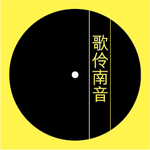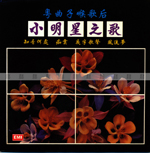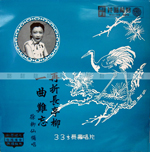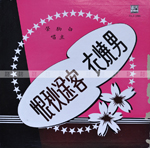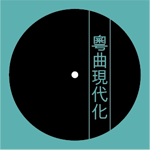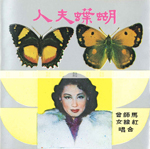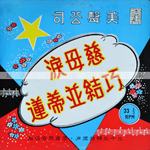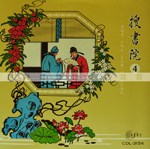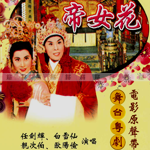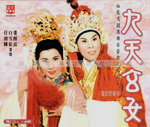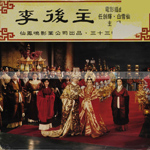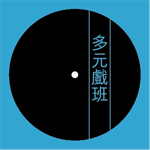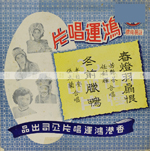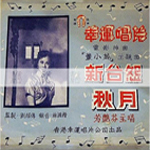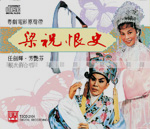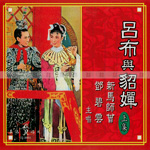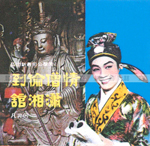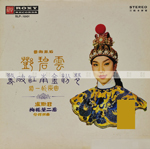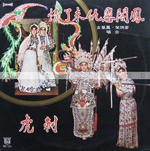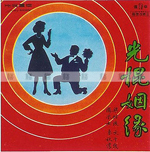Since the early twentieth century, Hong Kong has always been an important venue for Cantonese opera development. After 1949, as a result of political turmoil in the Mainland, performers and troupes converged and resettled in the territory, leading to a tremendous prospering of Cantonese opera in the subsequent decade. This development is linked intimately with the rise of the electronic media.
Performers and troupes began to grasp the possibilities offered by film and radio to re-examine age-old performance practices with regard to acting, singing, script writing, instrumentation, and stage set-up. They brought in novel elements from the theatre and movie world, and participated in the production of films and records. With these acts, they are extending the movement to modernize Cantonese opera that began in the 1930s.
Wong Jum-sum was thoroughly immersed in the world of Cantonese opera from young. Through his close encounter with master performers like Hung Sin-nui, Ma Si-tsang, Yam Kim-fai, Pak Suet-sin and Tong Dik-sang, he witnessed first hand the modernization of Cantonese opera, and was mightily moved by the adventure and passion he saw.
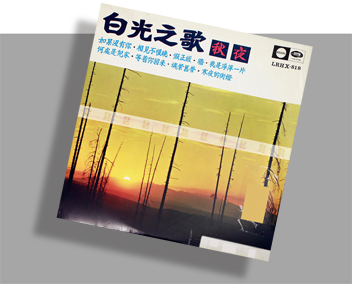

作曲:陳瑞楨
作詞:嚴寬(嚴折西)
主唱:白光
我等著你回來 我等著你回來
我想著你回來 我想著你回來
等你回來讓我開懷
等你回來讓我關懷
你為甚不回來 你為甚不回來
我要等你回來 我要等你回來
還不回來春光不再
還不回來熱淚滿腮
樑上燕子已回來 庭前春花為你開
你為甚不回來 你為甚不回來
我要等你回來 我要等你回來
還不回來春光不再
還不回來熱淚滿腮
樑上燕子已回來 庭前春花為你開
你為甚不回來 你為甚不回來
我要等你回來 我要等你回來
還不回來春光不再
還不回來熱淚滿腮
